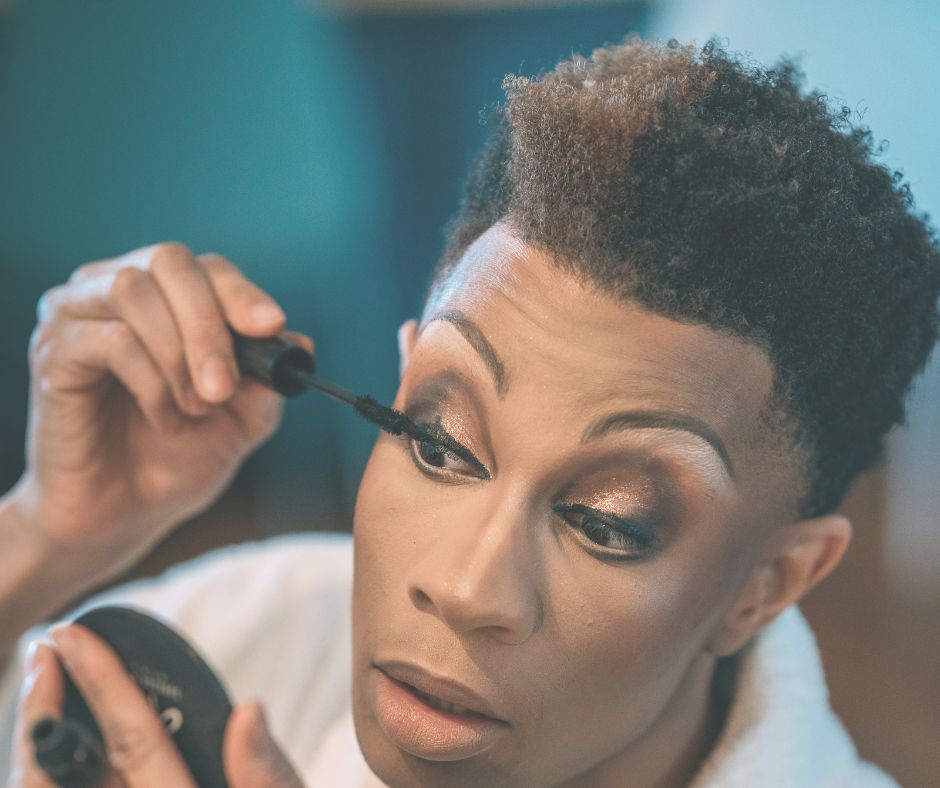Who is Beverly Hills?

When I had my first inklings of writing a detective novel, I considered that my main character would need a posse. Every detective has a posse.So what sort of people would comprise Rita Mars’ inner circle? They had to be fun, trusted, effective. I discovered over time that some of the most knowledgeable and effective folk didn’t always look the part.
And what is the part of Rita Mars’ assistant and work confident? That role had to be someone Rita would trust when her natural approach to anyone was keeping her distance. Rita Mars does not often ask for help. She does not assume a person is a friendly just because they
present as such. She relies on those she knows have been through the fires of battle, whether that battle is prejudice or war or plain old garden variety bigotry players in the Rita Mars saga.
When I considered Beverly Hills as a character I thought of a good friend I worked with so many years ago.Larry was a gay, black man. In 1967 he was attending Boston University. On his way to class one day, he drove through Boston’s Roxbury district where he was surrounded by a mob, dragged from his car and thrown through a plate glass window. It took more than a year for him to walk again. He emerged from his trauma strong and determined not to let haters dictate his life. I knew he would be the right model for Rita’s right hand.
In The Rita Mars Series, Bev meets Rita as she’s working on a serial case where gay men are stalked and killed in a Baltimore at a notorious “meat market” park in a very upscale part of Baltimore.Rita is determined to find the killer when she mistakes Bev for the murderer as he’s presenting himself for bait to try and catch the killer himself.In the backstory from my first book, DRIVEN, Rita and Bev team to successfully solve the case.
Beverly Hills served his country in Afghanistan when he was known as Charles Tyrell Wheatly.As a kid from the projects in Baltimore, his opportunities had been limited so he joined the Army.Bev served admirably in her tours in Afghanistan.She had taken IED shrapnel when she tricked a suicide bomber into prematurely detonating his explosives vest which saved a platoon.For th0se heroics the Army awarded Bev a Purple Heart and the Distinguished Service Cross.
When she returned home, she not only had PTSD to manage but that notion that she had fought all her 30-some years. The time in hospital for her wounds made it impossible for her to stuff the idea that while her body might be male, her head was definitely not. Bev has not yet chosen transition. That idea remains a chasm to leap for her.In the meantime, she’s dressing as it pleases her and the hell with the haters.
Teaming with Rita on the serial killer gave her not only an accepting friend but gave Bev a safe place to work as she considers where decision and circumstance takes her.She is devoted to Rita and often acts as her bodyguard.It is Bev who keeps the office running for her adrenalin-fueled friend and boss.
So why did I tap Larry as my main model for Beverly Hills?Like Bev, he stood up to hate with strength and dignity.He was never out-of-control angry; something it took me a long time to understand.However, he was also not going to allow the prejudice of others to shape his character. Bev, like Larry, is a person of courage, of loyalty and one never swept away in the grip of hate. She will always be one of my most favorite players in the Rita Mars saga.
Check out the Rita Mars Thrillers on Amazon.
